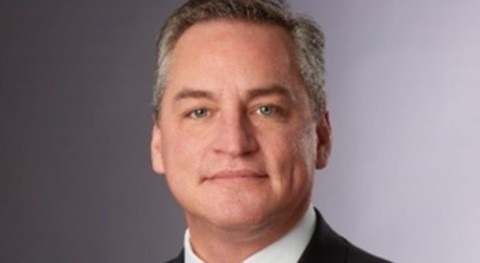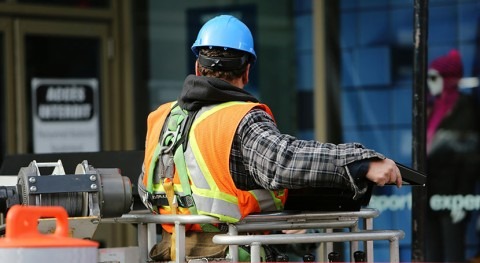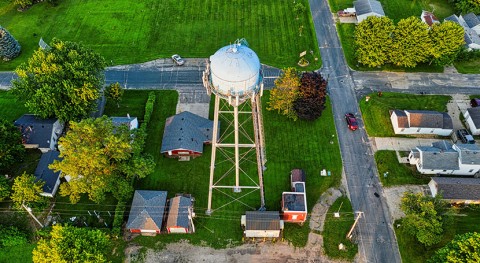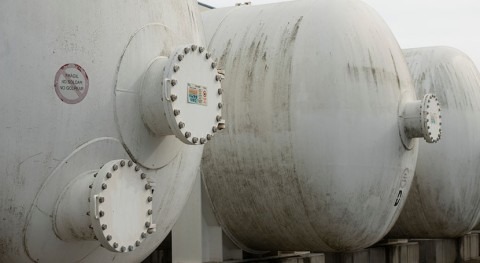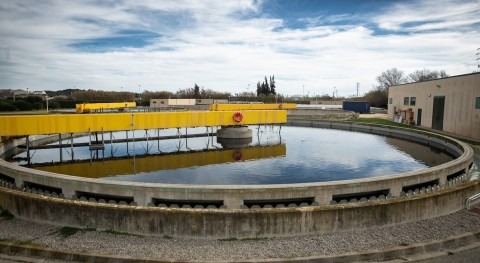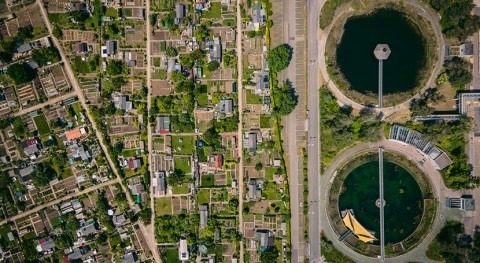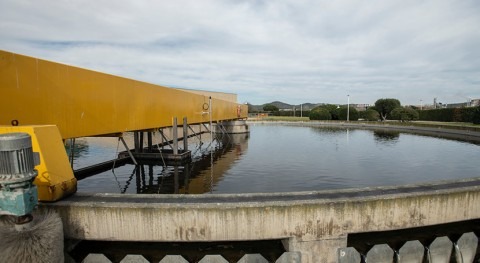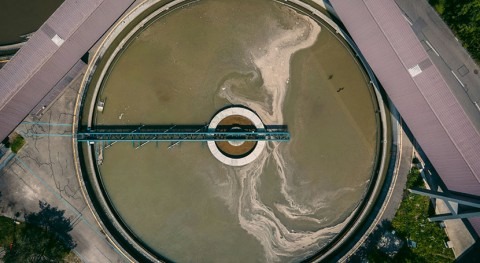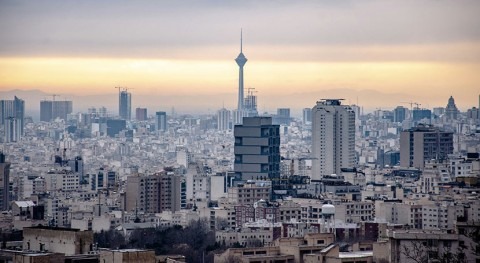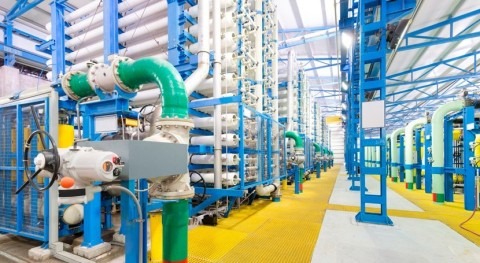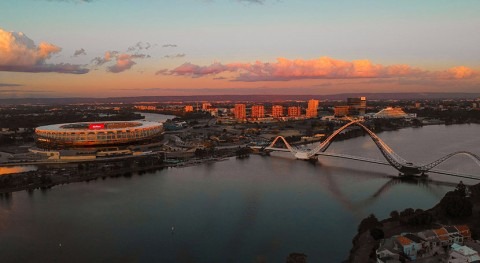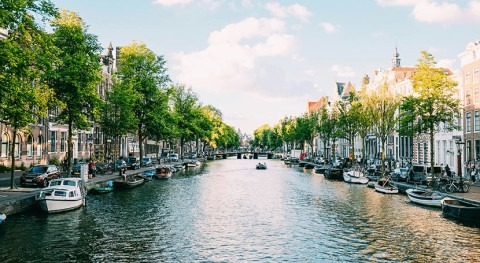The third day of Smart Water Summit 2021, September 29, started with a session on Sustainability and resilience sponsored by Schneider Electric. Threats such as climate change, with the increase of extreme phenomena such as droughts or floods, have increased concerns about the resilience of water management systems. Fortunately, digitalisation is providing operators with increasingly powerful tools that allow them to anticipate these problems and make the best decisions to conserve water resources.
Iván Tallón, Water Country Segment Leader at Schneider Electric, began by emphasizing that sustainable and resilient water is fundamental to human health, the environment and the economy. "At Schneider we have solutions focused on flexibility in the face of adverse events; a digital model that allows us to design, build, operate and maintain infrastructures in a resilient manner," he said. One of these solutions has been applied by Emasesa, as Esther Flórez, head of the Asset Management Division, explained, in a project that involved technology upgrades and bringing together all SCADA systems: "With this project we have not only unified control systems, but we have evolved towards an operational intelligence platform". José Manuel Barrera, head of Operational Intelligence and SCI at Emasesa, spoke about the same project, explaining the company's centralized OT services: "We are not only looking for operational intelligence of the processes, but for this to be a continuous and active intelligence, so that model simulations can be reverted to the SCADA to achieve operational excellence".
Next, Frank Zamora, CIO-IT Director-Information Technology Officer at ACCIONA, spoke about the challenges related to the SDGs and how the company contributes to achieving them. He pointed out the need to have capacity and adopt actions to ensure intelligent integrated water management, by anticipating incidents, problems and obsolescence, being able to monitor the state of the network and assets, and carry out preventive maintenance to extend the useful life of the facilities. "From ACCIONA we leverage industry 5.0 as a means to have more powerful tools that allow us to anticipate problems and conserve water resources," he said.
Finally, Miguel Angel Perez Navarro, Standardization Manager at Saint Gobain PAM, discussed how the company contributes to sustainability, resilience and safety: "At Saint Gobain PAM we seek to design products to optimise asset management". Some examples that reflect this objective are coatings, reliable joint manufacturing, Life Cycle Assessment (LCA) and circular economy: "The sustainability of urban water requires safe pipelines and a holistic approach". Ultimately, Saint Gobain PAM focuses on responsible manufacturing that values sustainability and reciprocity through Product Cycle Analysis (PCA).
The following session dealt with artificial intelligence and machine learning, sponsored by Xylem Water Solutions. The use of increasingly advanced algorithms, coupled with the exponential growth of computational capacity, provides key information to help human decision makers in the most critical situations. Speakers have discussed how the combination of AI/ML is changing the water sector.
First, Pedro Pina, Regional Director Europe, Advanced Infrastructure Analytics at Xylem Water Solutions Spain, presented different smart solutions for the optimisation of treatment systems and sewerage networks. "We need to optimise a system that allows an operator to make an effective decision with a high degree of confidence in real time," he said. In regard to treatment systems, he noted that real-time operational data allows the system to be optimised for improved operational efficiency and that, in the case of sewer networks, continuous optimisation and improved models generate opportunities for flood mitigation.
The second speaker was José María Cecilia, researcher at the Department of Informatics and Systems (DISCA) of the Polytechnic University of Valencia, on innovative modelling approaches for coastal lagoons through the SMARTLAGOON project, funded under the European H2020 program, whose main objective is to develop a digital twin of the Mar Menor.
The topic of the third and last session of the day was digital twins, which have become the most relevant emerging trend for asset management in the water sector. These digital replicas of physical assets, with their associated processes and systems, allow us to understand and model their performance. The convergence with Virtual Reality technologies that enable a fully immersive experience is changing the paradigms of asset management.
To start, Ramón Dolz, director Spain and Latin America at Baseform, talked about digitalisation, pointing out that digital transformation "involves the improvement of water and sanitation services and the use of information in a different way to improve services". In this regard, he emphasised that the digital transformation begins with existing data, and that Baseform's objective is "to help water companies use data as efficiently as possible". Ramón Dolz concluded his talk commenting that "Baseform is a digital twin that connects to the information available to the company and generates analytics to make the best decisions in the management of sanitation and supply networks".
Also speaking at the session was Carolina Venegas Martínez, Strategy Manager Water Industry at Autodesk, who outlined the challenges and opportunities of digital twins. In addition, she reviewed the transition from BIM to digital twin, highlighting that the economic effort must go from digital engineering (3D design and modelling) to digital operations (asset management and operation analytics). In this regard, Carolina pointed out that digital twins provide a way to improve the performance of drinking water and wastewater systems and talked about TANDEMTM, a cloud-based digital twin technology platform that enables projects to start digital and stay digital, transforming rich data into business intelligence.






